There’s been a lot of grumbling in the last few days about Deep Silver’s decision to distribute Metro Exodus exclusively through the Epic Games Store until February 2020.
Even though it’s a little early to make predictions about how all of this will pan out, the news isn’t being taken well by some gamers, who are review bombing Metro: Last Light and Metro 2033 on Steam.
Other gamers aren’t as volatile or quick-tempered.
Some are jazzed about Epic’s business model, which (sometimes) lets gamers pay less while devs pocket more. Others, however, are worried that distributors are becoming more concerned with wooing publishers than with providing the best possible experience for end users.
Both sides have good points and valid concerns, but eventually, the status quo will swing one way or the other, or perhaps in a third direction no one can predict right now.
What’s the Big Deal About Exclusivity?
Whether or not exclusivity deals constitute a problem depends on how you define “problem.” Few people are likely to argue that these types of deals are always copacetic. That’s particularly true when a game they really want to play is only available on a platform they don’t have access to or don’t want to deal with.
Nonetheless, it’s a stretch to claim that such practices are “unfair” or “anti-consumer,” which no small number of internet commenters are currently shouting from the rooftops.
It shouldn’t be necessary to point out that a video game is a form of property and that it belongs to its developers and/or publishers. They can do whatever the hell they want with it, full stop.
But that’s not the main issue here, even though some gamers do, in fact, feel entitled to certain video games. The developers of Dauntless and The Division 2 have both signed exclusivity deals in the recent days and weeks, but they’ve attracted far fewer howler monkeys.
So what’s going on with Metro Exodus?
There’s a common logical fallacy known as “package dealing” which involves taking two or more concepts that are fundamentally different and bundling them together as though they were the same. A huge majority of people do this constantly — and gamers are no exception.
In this context, the terms “fair/unfair” and “pro-consumer/anti-consumer” don’t even belong in the same sentence. To whom, exactly, are exclusivity deals unfair?
A fair arrangement is any arrangement that all parties voluntarily agree to and in which no fraud is being committed.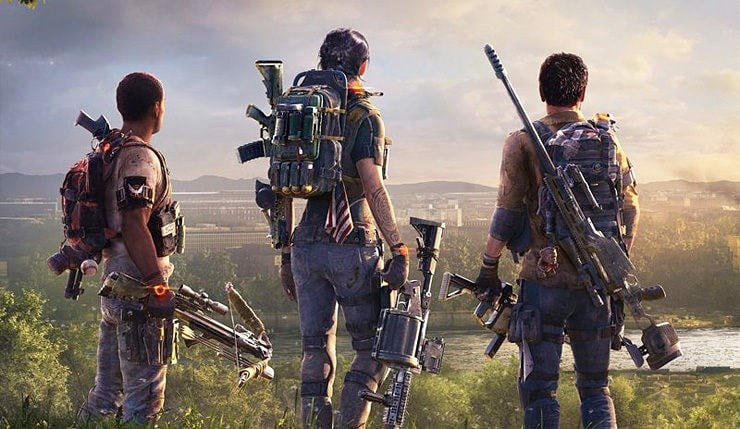
If Deep Silver offers to sell you Metro Exodus on the Epic Games Store but not on Steam, and you don’t like those terms, there’s no agreement. “Fair” doesn’t enter the equation. If you paid them for the game and they didn’t give it to you, that would be unfair.
The concept of “fairness” is often package-dealt with “equality,” but both of these words describe completely different things. Fairness is getting what you deserve; equality is getting the same thing that everyone else gets.
It’s almost never the case that they’re interchangeable.
A Business Decision Can Be Both Fair and Dumb
While you can’t say that exclusivity deals are unfair, you can make the argument that they’re not great marketing strategies.
To quote Polygon: “People may complain about timed storefront exclusives on social media and in the comments, but Epic and Deep Silver care whether people ultimately decide to buy the game, not whether they grumble while doing so.”
This kind of anti-business cynicism is typical of several of the biggest gaming journalism outfits, but is the statement actually true? Are (at least some) developers and publishers more concerned about short-term profits than building ongoing win-win relationships with their customers, which is literally the only way to sustain long-term profits?
Perhaps, but that’s a serious charge and it’s pretty hard to prove. One would need to have fairly intimate knowledge about a lot of specific people to have such a claim be taken seriously.
The idea that exclusivity agreements are simply one way that publishers, developers, and distributors are responding to market conditions created by gamers is less malevolent and far more likely.
As I stressed in this article over here, if the majority of dollars that flow into game makers’ pockets were being clawed from gamers’ defiant fists against their howling protests, the video game industry wouldn’t exist.
You don’t grow — much less sustain — a multi-billion dollar company in a largely unregulated industry by pissing off more customers than you satisfy. It has never happened and never will.
The uncomfortable fact of the matter is that while there is a very loud and very mad group of gamers who hate what E.A. has done to Star Wars, they’re a minority.
For the record, I happen to agree with them. But as much as it absolutely sucks to say this, E.A.’s continued existence is proof that on the whole, they’re loved more than they’re hated. There are still more people buying — and at least kind of liking — their products than there are dissenters.
We just don’t hear from the consumers who don’t have a problem buying from E.A.; satisfied customers are much quieter than angry ones.
E.A., Deep Silver, Epic Games, and every other player in the industry are doing the same basic thing: trying to satisfy as many gamers as possible. Whether they’re doing it effectively is a separate question.
I promise you that Epic is fully aware that they’ve pissed off millions of people by hogging Metro Exodus all to themselves. They didn’t do that because they want your money today and to hell with tomorrow. They did it because they’re pretty sure that moving aggressively this year will put them in a position to win over more gamers next year, and way more 10 years after that.
I find it highly unlikely that Epic and Deep Silver don’t care if you grumble while you’re buying Metro.
I think that they and most other developers care a great deal. I think they’re generally good companies staffed by generally good people who generally care about doing good work and making you happy.
Don’t take it personally because it’s happened to a game you care about.
Even Dumb Decisions Aren’t Always a Big Deal
All that being said, the question still remains: is this particular exclusivity deal a good business decision? Unfortunately, it’s perhaps the hardest one to answer.
I lean toward “no.”
I don’t doubt that at least most of the people involved in the Metro deal have good intentions, but good intentions can still prompt bad business decisions. Besides, it’s important to judge people’s motives objectively and give them the benefit of the doubt until you have real evidence of asshattery.
I’m not a fan of having nine different clients and launchers installed on my PC and you probably aren’t either. I love Valve for a lot of reasons, not least of which is the fact that I like to have all my games under one roof.
But my allegiance to Valve is neither arbitrary nor indestructible; I love them because they’re currently the best player in the market, but if someone comes along and offers me an overall better product, I’ll say adieu to Gabe.
I don’t think exclusivity deals are part of that better product, though — at least not in most cases. If it’s not obvious yet, I’m a free market guy from beginning to end. I believe in letting companies compete without interference (or incentives) from politicians and that the best, brightest, most innovative competitors should reap the biggest rewards.
I may not like exclusivity deals, but they’re also not a “bug” of marketplaces, they’re a feature. Not every single product or idea is going to be amazing — it would be ridiculous to expect that. The fact that some companies thrive while others fail (but hopefully learn and do better next time) is part of what makes a free market so wonderful and exciting.
Whether you’re a multi-billion dollar international conglomerate or a small indie developer, the most basic and most important rule of business is the same: do great work and let your product speak for itself.
The best and brightest business people are motivated by a desire to achieve, not by a desire to beat others. If your platform is truly the bee’s knees, gamers will see that and flock to it. You really don’t need gimmicks to make it big.
Moral of the story? Some companies will make good decisions and some won’t. That will never, ever change. You can criticize the decisions you think are bad without taking them personally or worrying that every dumb marketing idea portends the end of the gaming industry.
Maybe this Metro Exodus deal will spell the death of Epic and/or Deep Silver. I seriously doubt it, but if it does happen, then another, wiser developer will rise from the ashes, learn from their predecessors’ mistakes, and provide you with a better product. I promise.
After all of that, I encourage you to think of the video game industry as a wonderful place where exciting things happen and to consider the possibility that rolling with the bad times is actually part of what makes the good times fun. It’s a learning experience for all of us.
Competition is messy and unpredictable, but as long as it’s not dishonest or vindictive (those behaviors are always fair game for condemnation), let’s have fun with it.
Vote with your wallets and don’t worry too much if some votes don’t go the way you’d like them to. There’s a lot of bad stuff in the gaming world, but there’s even more that’s good. Go find what you love and promote it. That’s how you change an industry.

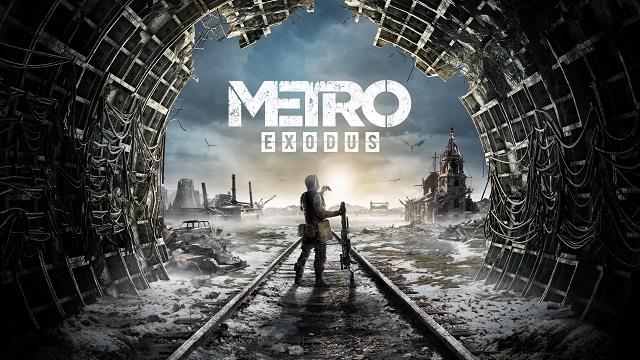
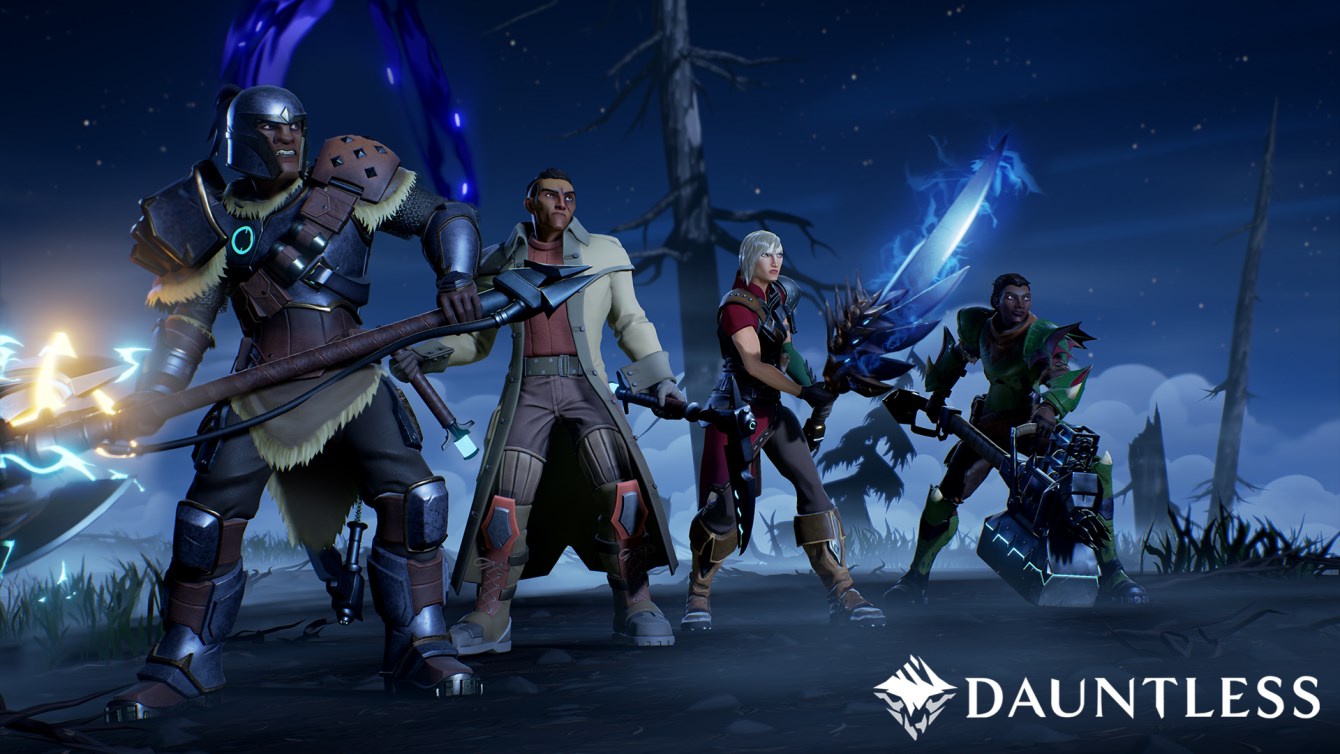
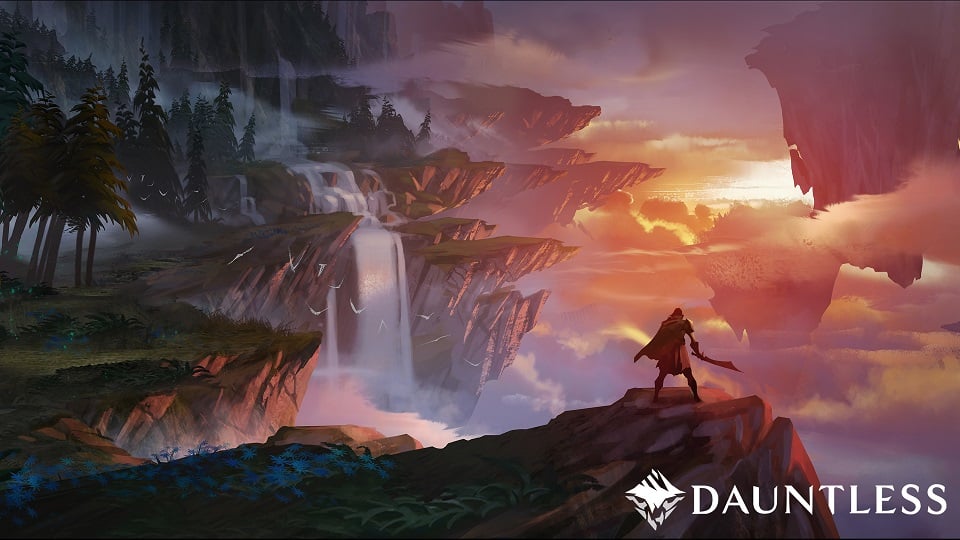
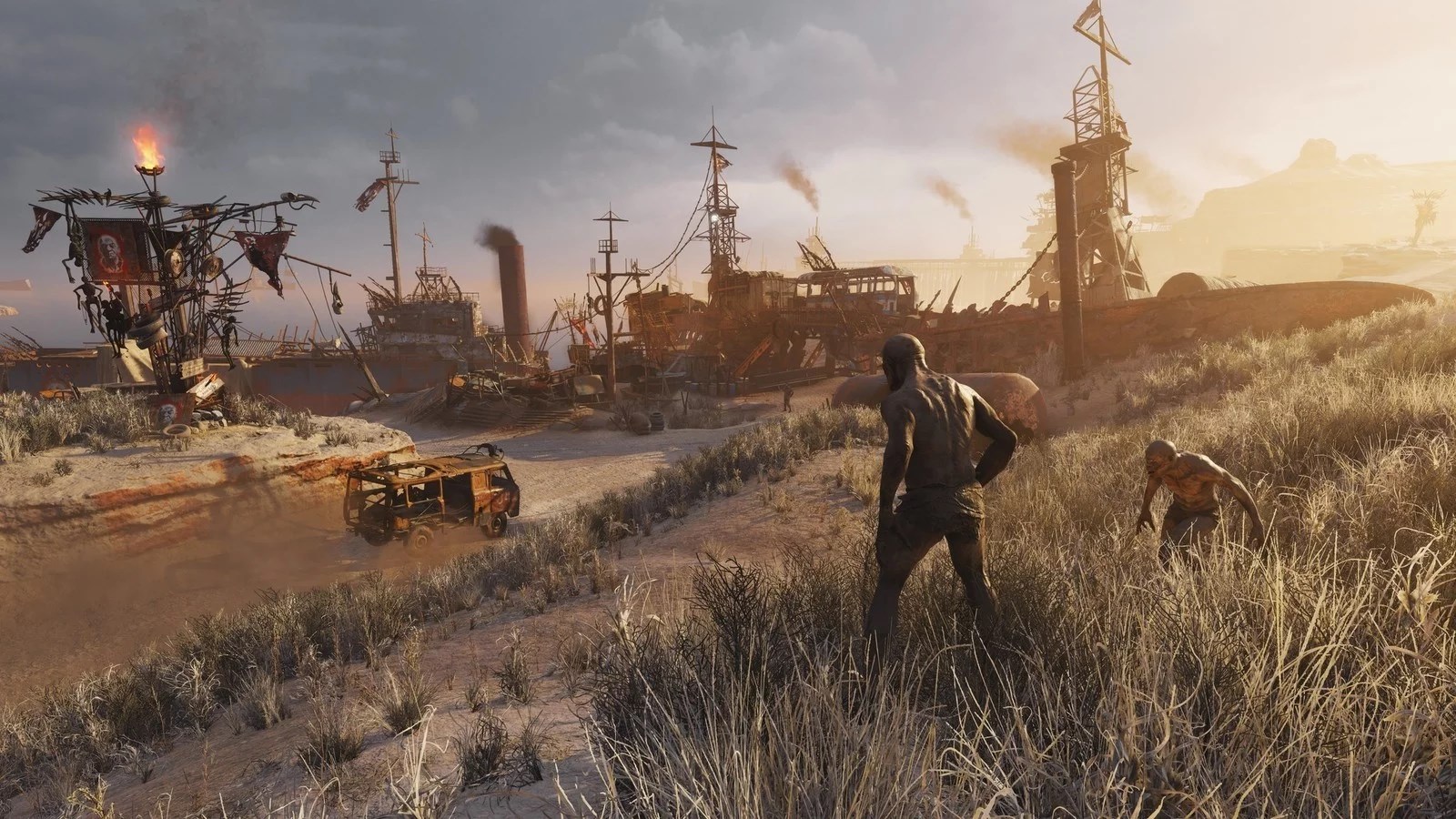
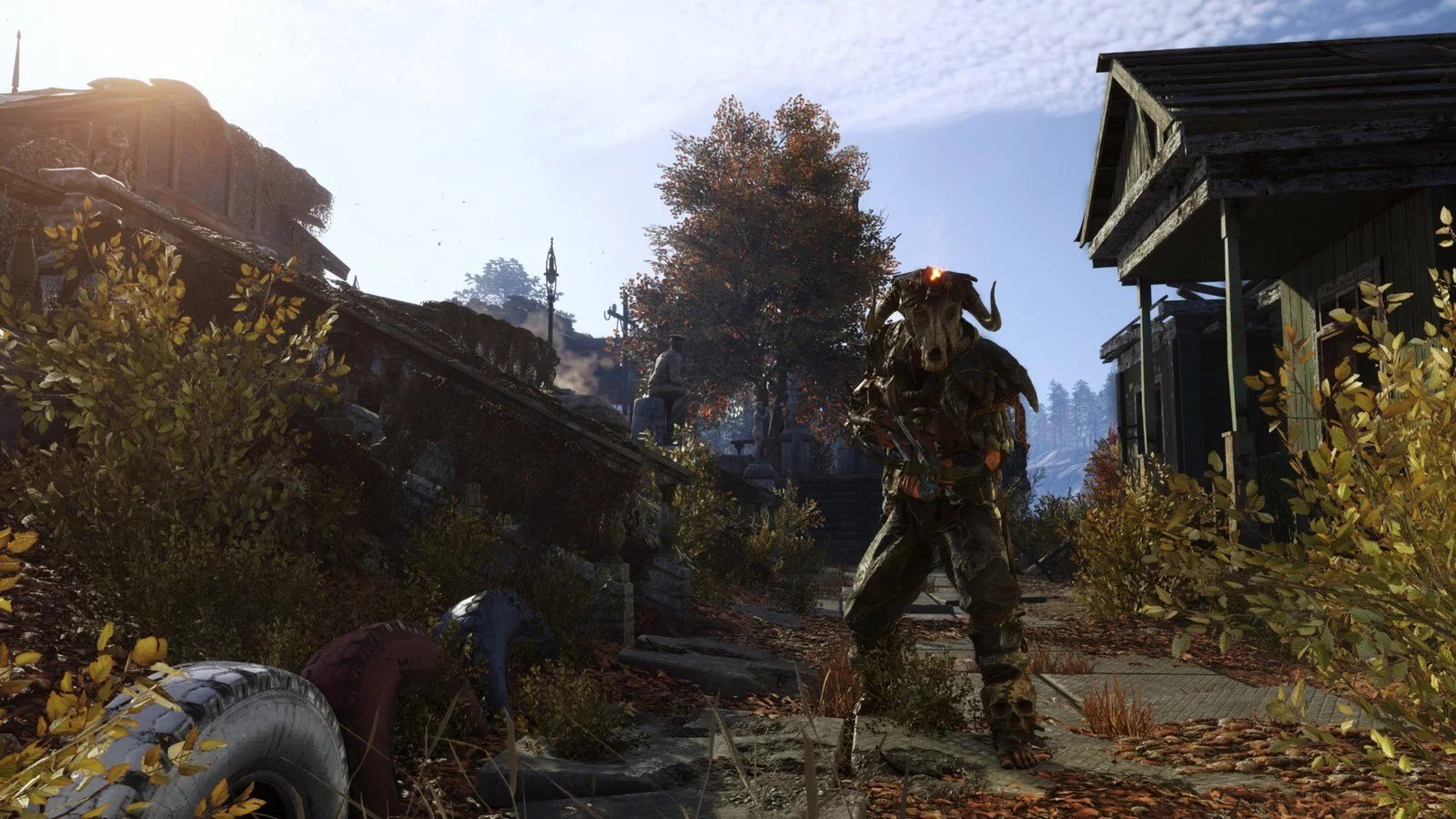
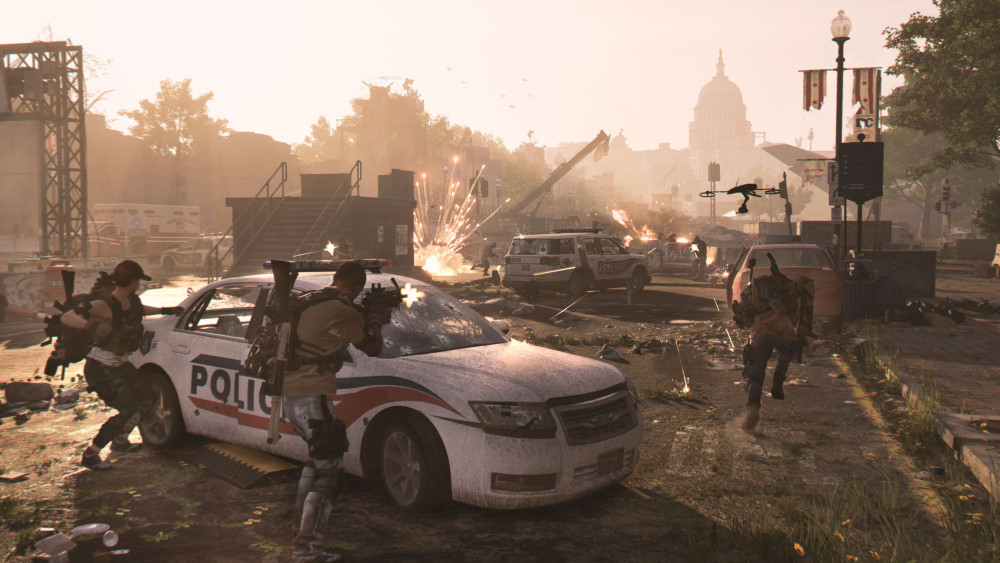
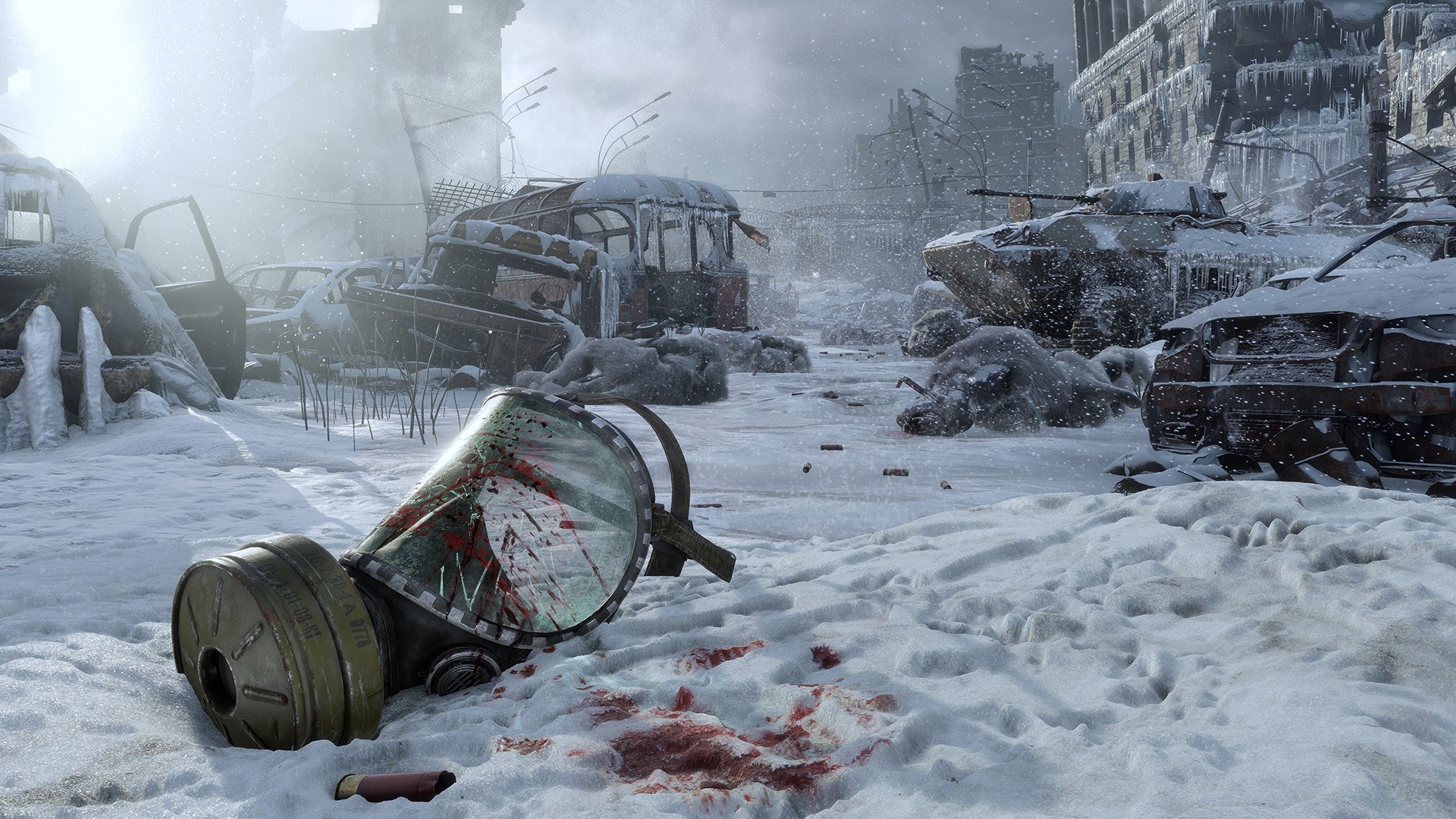





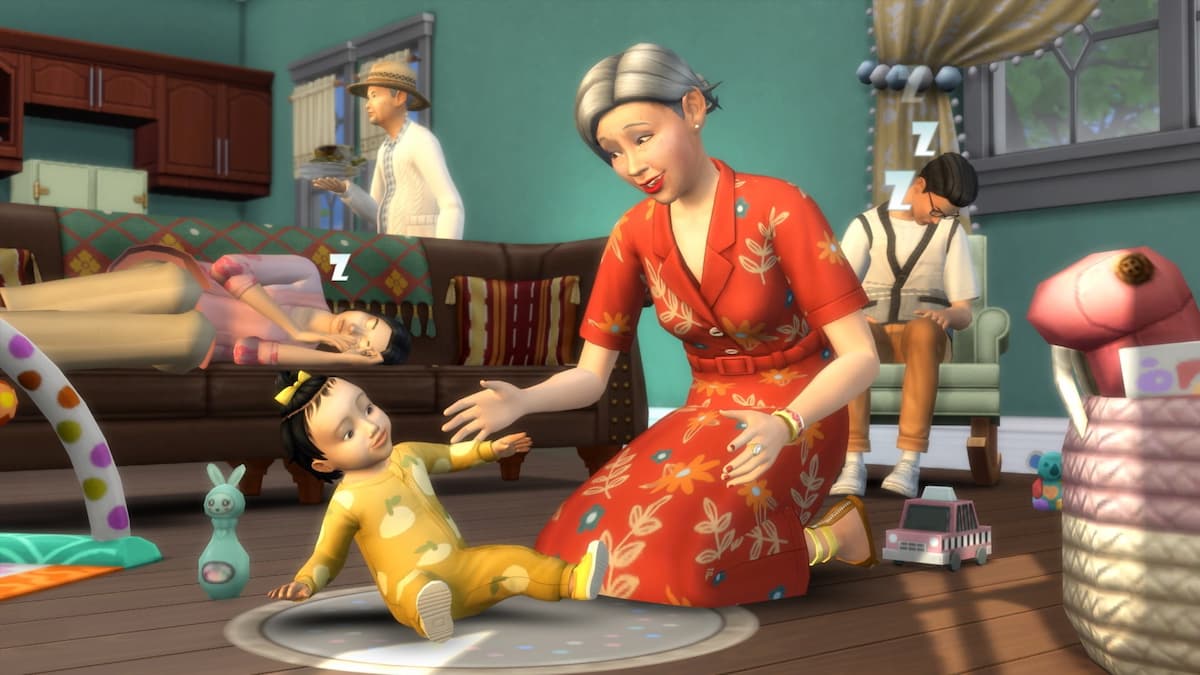
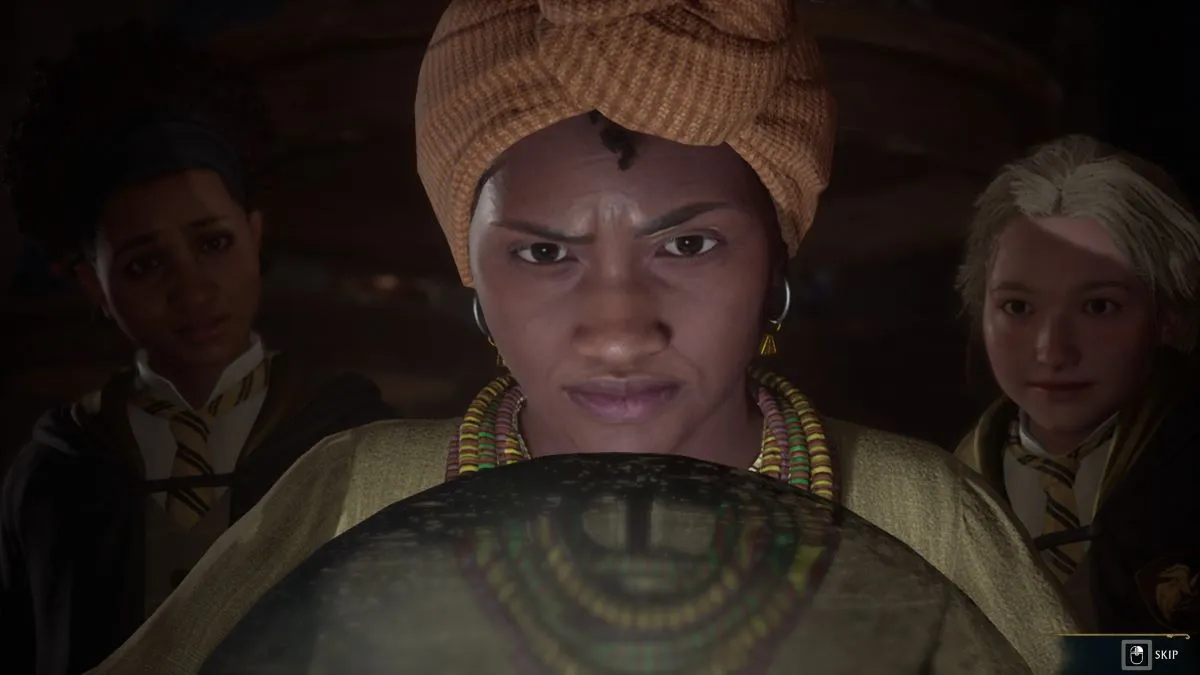
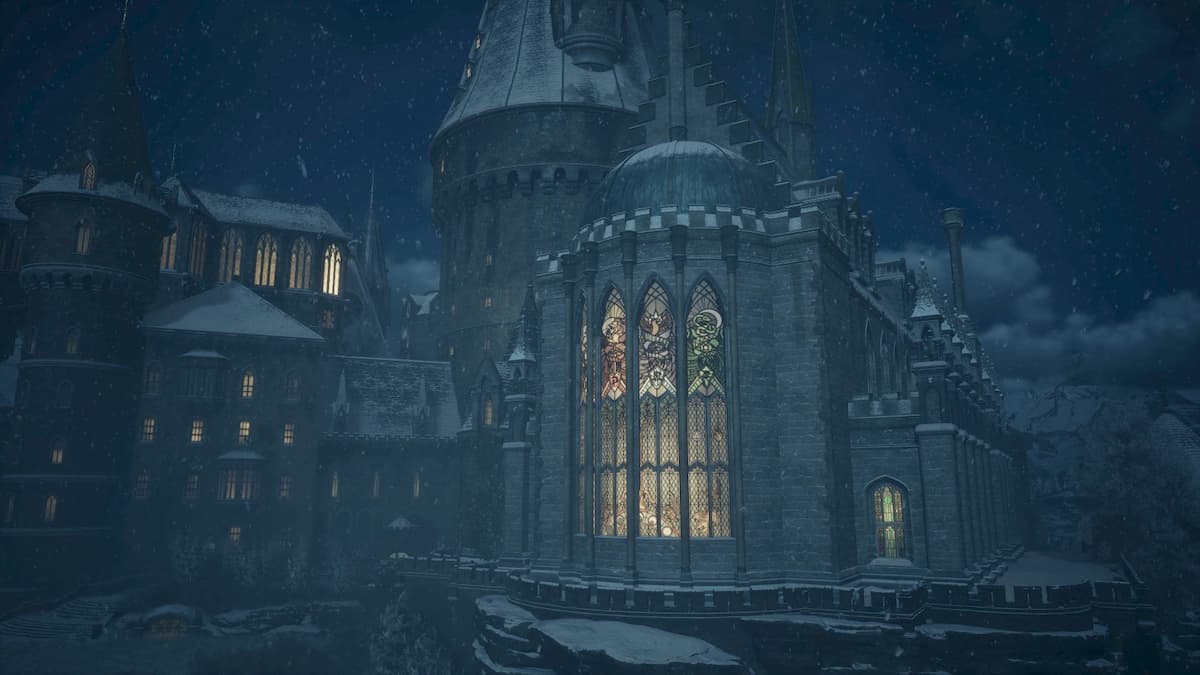
Published: Jan 31, 2019 03:36 pm